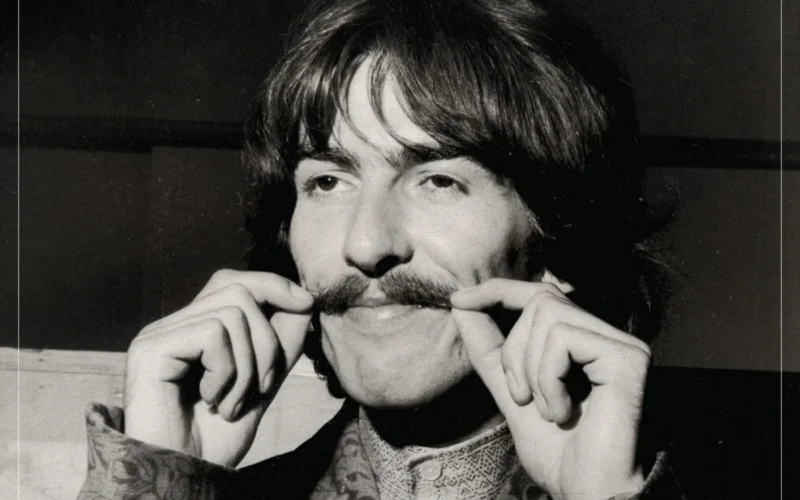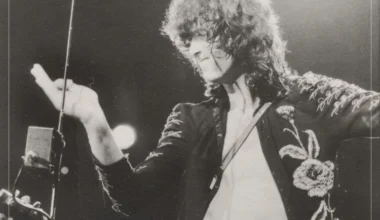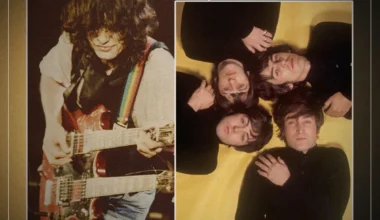The upside to the breakup of The Beatles was that, like children of divorced parents getting to celebrate two Christmasses, it meant that we should theoretically now get four times the music. No longer pooling their songs together, Paul McCartney, John Lennon, Ringo Starr, and George Harrison would now all be releasing albums of their own, and, following their final release as a band, 1970’s Let It Be, the Fab-Four each went on to have a variously prolific decade.
Few would have imagined that it would be the quiet Beatle, George Harrison, who would be quickest out of the gate in releasing a major album. In fact, he seemed to have rather a lot to say after all when his epic release All Things Things Must Pass came out a few months after Let It Be as an unprecedented triple-album.
The year that they came out is not the only thing that the two albums have in common in fact, as Harrisons title track ‘All Things Must Pass’ had originally been written for the Let It Be record, but was ultimately rejected by the Beatles. No wonder Harrison had so many songs to release on his own album, as he had become used to bringing songs to his bandmates only to find that they were not interested in recording them.
One of his newer songs seemed to refer to his frustration with his former bandmates, and their lack of appreciation for his material, as he sang on ‘Run of the Mill’, “Tomorrow when you rise, another day for you to realise me or send me down again”. The lines directly before these, “No one around you will carry the blame for you, No one around you will love you today and throw it all away” are hardly any less subtle.
But in the early days of the post-Beatles era, none of the former friends were really pitching for subtlety anyway. McCartney fired shots at Lennon with his 1971 song ‘Too Many People’, to which Lennon responded with the much heavier-hitting ‘How Do You Sleep?’. Ringo Starr, who had been the first of the group to quit the band, stayed out of the wars of words by releasing two albums filled with either pop, country or blues covers in the form of Sentimental Journey and Beaucoup for Blues.
Once they had got their gripes out of the way, though, tensions eased amongst the group and, though they were each now releasing music under their own names, they were still recording together on each other’s records, just never all at the same time. Lennon and Starr both appeared on All Things Must Pass in various capacities, whilst Harrison returned the favour and played on Imagine. All four of the former Beatles can be heard at different times on the 1973 album Ringo, where, surely, at least one of his good friends could and should have talked him out of singing the truly dreadful ‘You’re Sixteen (You’re Beautiful And You’re Mine)’.
In that same year, Harrison gave a much more overt reference to his former-colleagues than he had anywhere on All Things Must Pass, when he sang that “Met them all here in the material world, John and Paul here in the material world / Though we started out quite poor, we got Richie on a tour” and concluded that whatever else had happened to them, they had simply “got caught up in the material world”.






